sheshe2
sheshe2's JournalThere was a gun in my house
Preliminary reports from yesterday's school massacre is that the shooter had just broken up with his girlfriend, one of his victims. When a gun is present in a household with domestic abuse, women are 5 times more likely to be murdered with it. When a gun is present in the house, even without domestic abuse, a woman is 3 times more likely to be killed with that gun. It's a simple fact: gun access to angry people means dead people.
Found on FB: https://www.facebook.com/thereprimandproject?hc_location=timeline
There was one when I was growing up. As a teen, my sister had already left for college when my mom came to my room. She handed me a manila envelope and asked me to hide it. I asked her what it was, she said it's your fathers gun. I was never sure if it was fear for herself or fear that he would commit suicide. I suppose it was a toss up...yet I think it had more to do with suicide. There was abuse, yet there were suicide attempts that we the children were in front row seats for. Weren't we lucky.
My brother committed suicide 7 years ago. My sister and I were stronger, we survived.
My marriage, a gun there as well. I found it when I was remaking the bed one morning. It was tucked under the mattress on his side of the bed. I went cold when I pulled it out. Yes there was spousal abuse both verbal and physical. We had not been married long, yet we dated for years. It took me little time to walk out the door.
I was done with it. Did I have a lot of support, in the end with my leaving? Yes. Yet it is a quite crime that happens to so many women. You just don't talk about it. You are silent
Sssh~ don't tell.
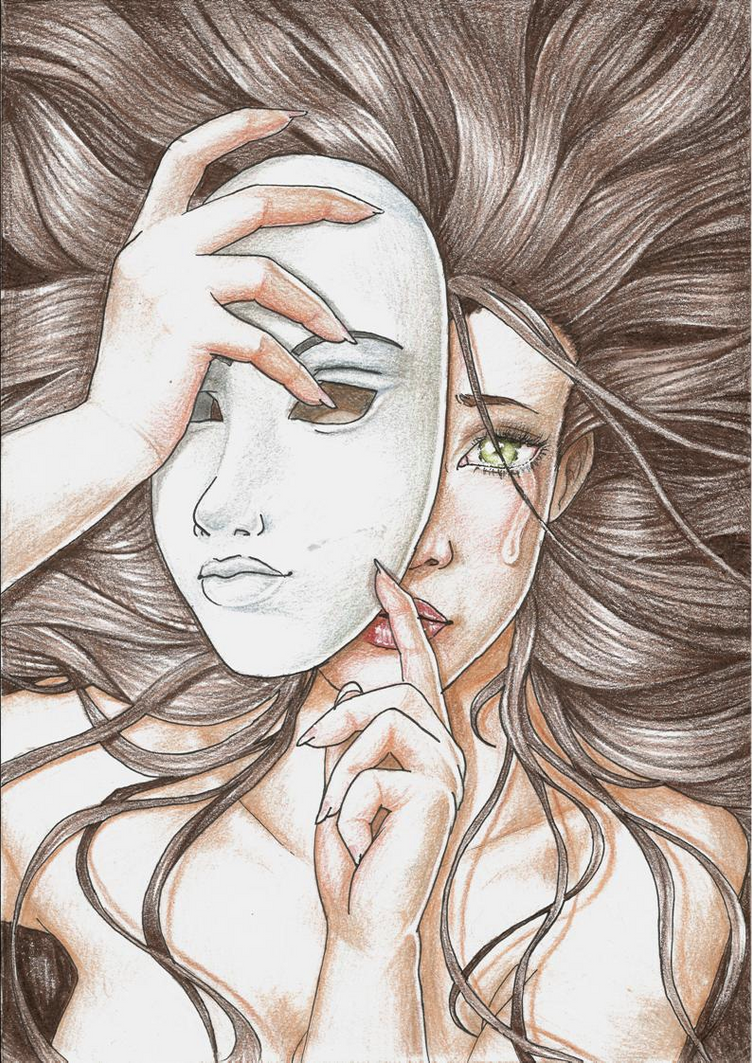
You may trod me down in the very dirt, But still, like Dust I'll rise
They can say,
Anything they want to say,
Try to bring me down,
[url=http://postimage.org/][img]
 [/img][/url]
[/img][/url]
But I will not allow anyone to succeed hanging clouds over me,
I will not face the ground

And they can try
How to make me feel that I,
Don't matter at all,
But I refuse to falter in what I believe or loose faith in my dreams

'Cause there's,
There's a light in me,
That shines brightly,
They can try,
But they can't take that away from me
From me

There's an inner peace I own,
Something in my soul that they can not possess
So I won't be afraid and the darkness will fade
Tell me what I believe or loose faith in my dreams,
'Cause there's a light in me,
That shines brightly yes

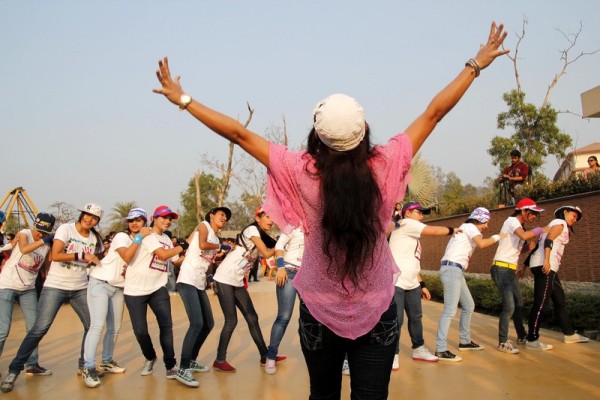

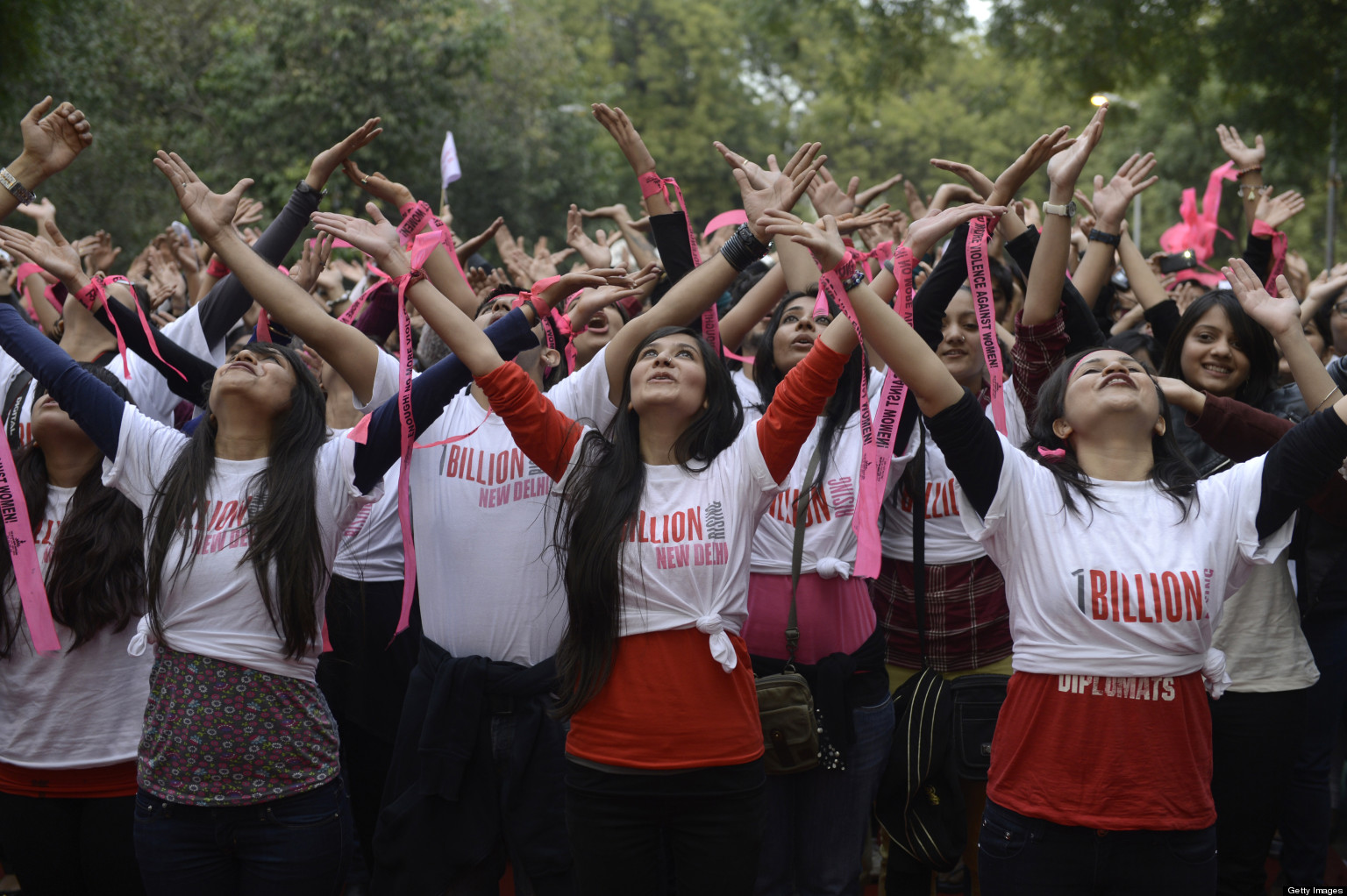



They can't take this
Precious love I'll always have inside me,
 ?
?
They can try but they can't take that away from
Me
From me
No no nooo
Me




Am I Next?


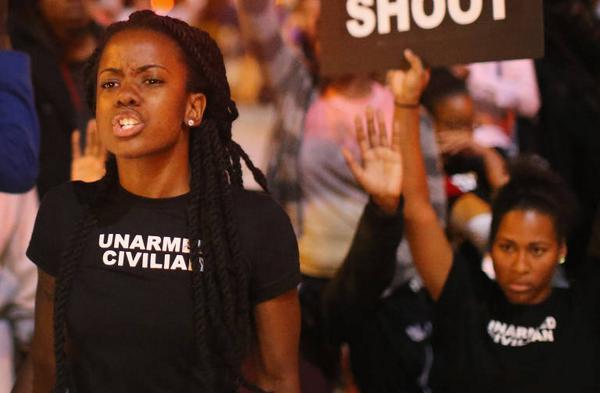
Stolen Lives
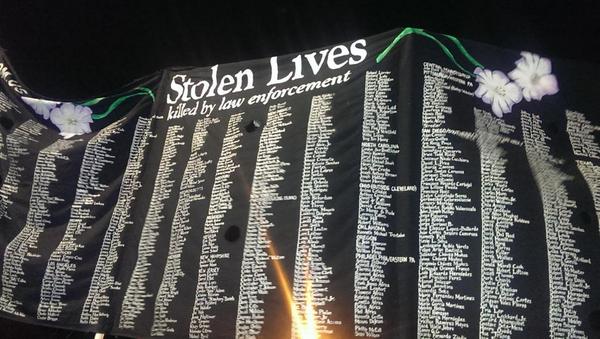
Please

Thank you 3ChicsPolitico.
http://3chicspolitico.com/2014/10/11/photo-gallery-fergusonoctober-justice4mikebrownrally/
Take a bow cowboy!
[url=http://postimage.org/][img] [/img][/url]
[/img][/url]


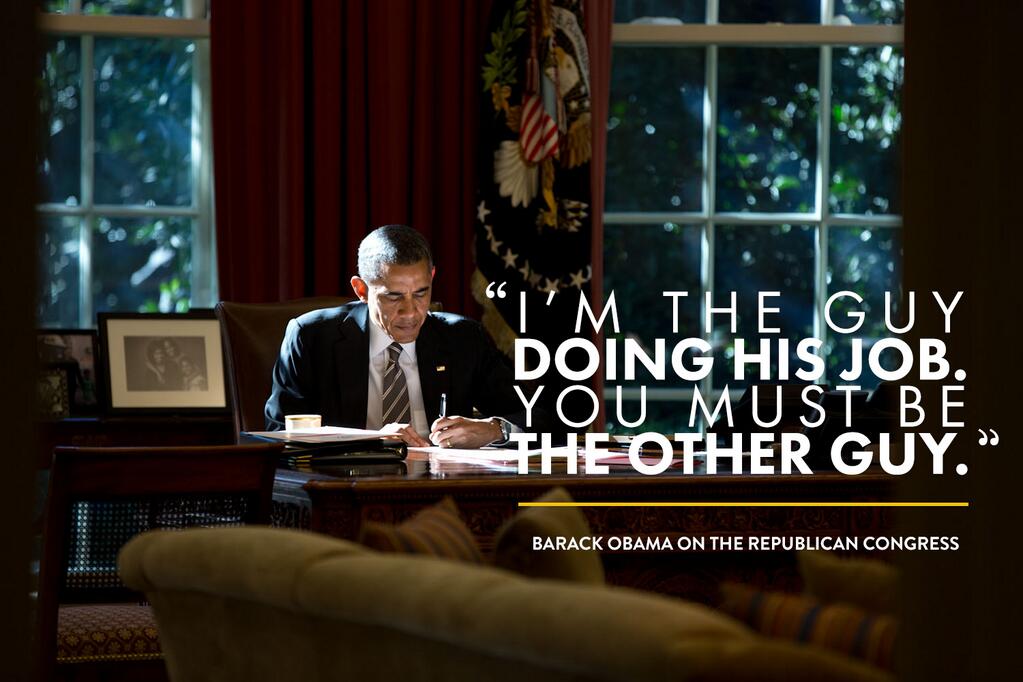
Thank you President Barack Obama!
Yes, he goes it alone. He does not get much help, he seldom gets praised yet he gets plenty of criticism. Go figure~
BOG ![]()
Sigh~
****************This is POSTED IN THE BARACK OBAMA GROUP************
The last image I found on TOD~
The Woman Who Walked Into Doors. DOMESTIC VIOLENCE AWARENESS MONTH***Trigger Warning
President Obama Issues Proclamation Declaring October 2014 as National Domestic Violence Awareness Month
A PROCLAMATION
Domestic violence affects every American. It harms our communities, weakens the foundation of our Nation, and hurts those we love most. It is an affront to our basic decency and humanity, and it must end. During National Domestic Violence Awareness Month, we acknowledge the progress made in reducing these shameful crimes, embrace the basic human right to be free from violence and abuse, and recognize that more work remains until every individual is able to live free from fear.
Last month, our Nation marked the 20th anniversary of the Violence Against Women Act (VAWA). Before this historic law, domestic violence was seen by many as a lesser offense, and women in danger often had nowhere to go. But VAWA marked a turning point, and it slowly transformed the way people think about domestic abuse. Today, as 1 out of every 10 teenagers are physically hurt on purpose by someone they are dating, we seek to once again profoundly change our culture and reject the quiet tolerance of what is fundamentally unacceptable. That is why Vice President Joe Biden launched the 1is2many initiative to engage educators, parents, and students while raising awareness about dating violence and the role we all have to play in stopping it. And it is why the White House Task Force to Protect Students from Sexual Assault and the newly launched "It's On Us" campaign will address the intersection of sexual assault and dating violence on college campuses.
Since VAWA's passage, domestic violence has dropped by almost two-thirds, but despite these strides, there is more to do. Nearly two out of three Americans 15 years of age or older know a victim of domestic violence or sexual assault, and domestic violence homicides claim the lives of three women every day. When women and children are deprived of a loving home, legal protections, or financial independence because they fear for their safety, our Nation is denied its full potential.
http://goldrushcam.com/sierrasuntimes/index.php/news/local-news/1025-president-obama-issues-proclamation-declaring-october-2014-as-national-domestic-violence-awareness-month
Are you aware of that...




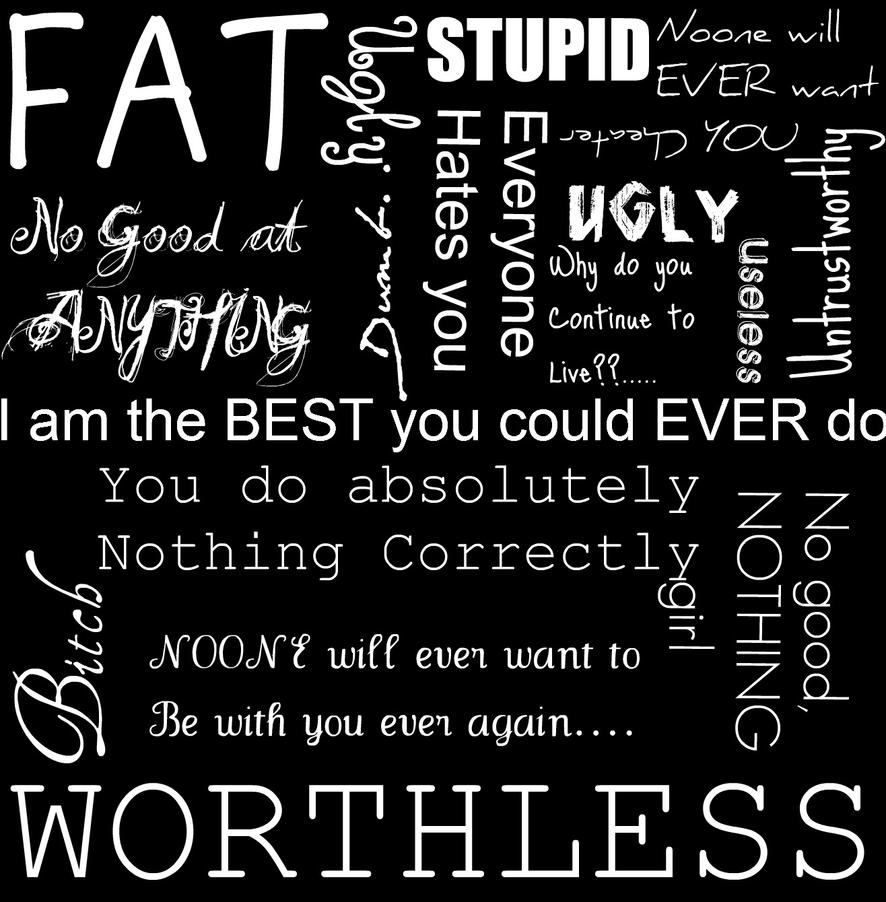

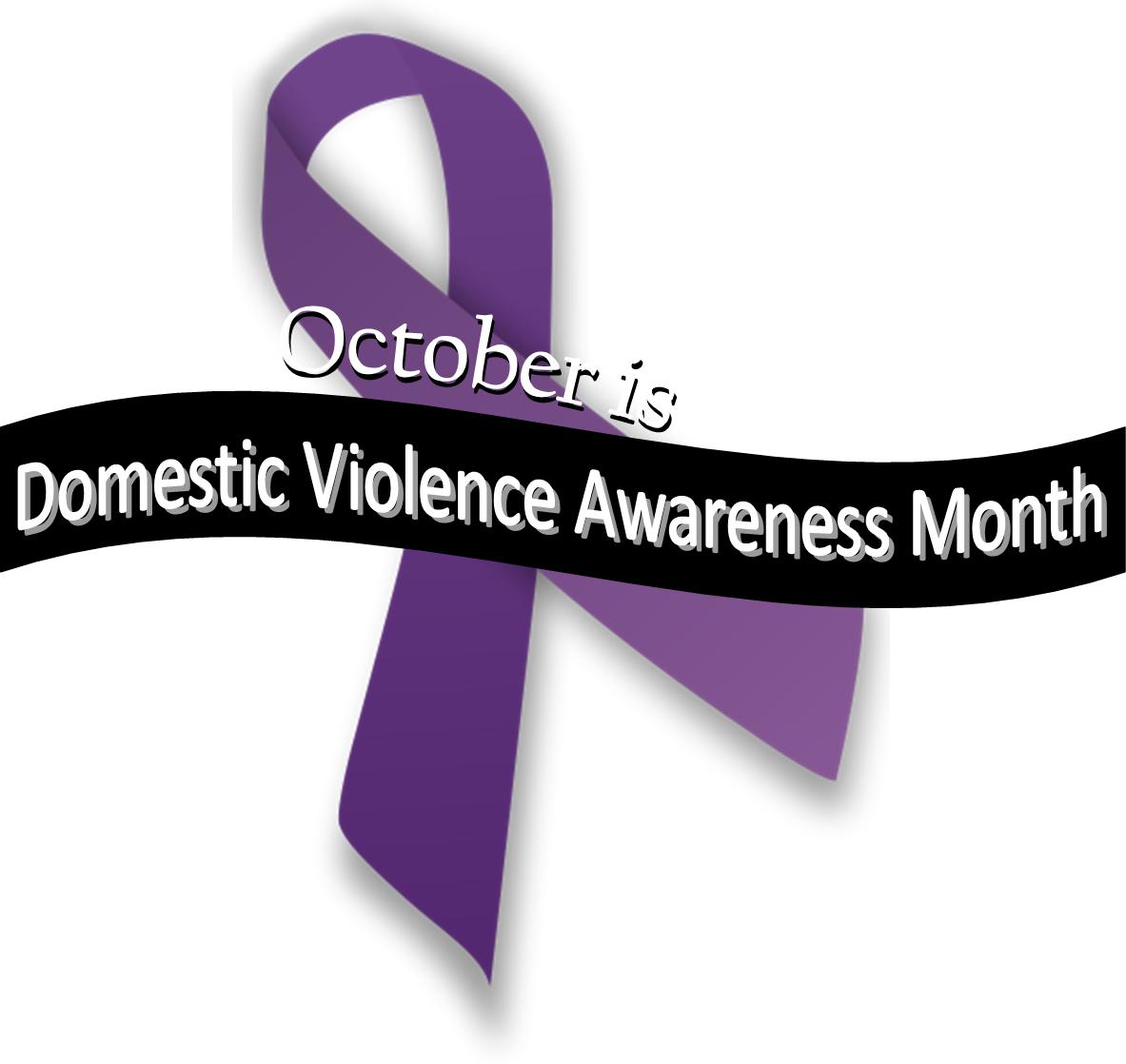

****TRIGGER WARNING****
The very title of the book belies the secrecy and denial permeating the novel. As any social worker can attest, ‘walking into doors’ has been so often used as an excuse to explain evidence of abuse that it has essentially become a euphemism for domestic violence. This is certainly true in the case of Paula, and while not the only sensitive subject broached in the novel, this violence is indisputably the most pronounced. In many ways, this title is a more appropriate description of Paula than “The Woman Who Was Beaten and Raped by Her Husband for Seventeen Years,” which would be, if nothing else, more descriptive. Using the euphemism of walking into doors not only describes the violence occurring but, also, the unspoken nature of this violence. As William Hutchings notes, “The book’s title is an excuse…Paula is, she discovers, ‘the invisible woman’ among doctors, nurses, family members, and friends who choose not to see and not to ask, denying both unmistakable physical evidence and their own common sense.” (Hutchings p386) Paula desperately wants one of them to call her out on her coerced lie. Her narrative becomes frantic, almost erratic, as her thoughts beg, “Ask me. In the hospital. Please, ask me. In the clinic. In the church. Ask me ask me ask me. Broken nose, loose teeth, cracked ribs. Ask me” (Doyle 187) Doyle here contrasts the helplessness of Paula with the passivity of society by placing her in environments full of healers – doctors, nurses, priests - who do nothing to help her situation. Paula says that if they could just ask the right question, she would divulge everything, but they never do and, consequently, she never does. It may appear that they simply did not notice but Paula remains convinced that, “they didn’t want to know. They’d never ask. Here’s a prescription; now fuck off.” (Doyle 190) Here, Doyle indicts not only society but the best society presumably has to offer. Not even the people who are have devoted their lives to helping people can be bothered to stop the abuse.
Through Paula, Doyle is able to finally expose society’s inaction to what is happening right before its very eyes. She cannot forgive those who stood by and did nothing although they knew exactly what was occurring. However, Doyle complicates matters by proposing that not everyone is apathetic to injustice. Some honestly believe the lie, as is the case when Paula encounters other victims. Although she wants people to recognize her own inexpressible pain, Paula, herself, has admittedly not always understood or recognized the lies others makes to keep their own secrets. It is only through her own harrowing experiences that she can begin to see behind the curtain and understand the cries of those who, like her, cannot speak. She recalls one time that she was at the hospital after a beating by Charlo where she overheard a woman “telling the nurse that she’d walked into a door, and I believed her…It never dawned on me that she was lyin, the same way I always lied.” (Doyle 200) Doyle here presents the case that the domestic violence inflicted on Paula is not isolated at all but, rather, widespread within the Irish culture. Paula does not expect other women to make the same excuses as her because she does not believe that they have a reason to lie. Because the issue was so well suppressed within society, it did not seem like a societal problem to her at all but something unique to her and Charlo’s relationship. But in reality, as in the novel, this is not the case for as Ryan points out, “In the Republic of Ireland alone, it has been estimated that a staggering one-fifth to one-third of all women have, at some time, experienced violence within a relationship, though it is thought that these figures may not cover the full extent of violence, due to so many cases remaining unreported.” (Ryan 2010; p97)
While the novel suggests that most people are resigned to see the world as they wish, no matter how obvious the darker truth is, Paula’s sister, Carmel, remains a markedly different figure. If Paula blocks all the terrible things in her life from her mind, Carmel “remembers nothing good.” (Doyle 82) The dynamic between Paula and her sister Carmel parallels the struggle between traditional denial in Ireland and new open acceptance. Paula cannot always distinguish reality from her own lies while Carmel never improves nor doubts the memories of her past as well as the current situation. This inevitably leads to Carmel’s dialogue overall suggesting a jaded view about men, but this view is not entirely unjustified. In the end, Paula admits, “Carmel saved me…Carmel saw what was happening, and she made me see.” (Doyle 188)
Read More: http://doorsofdublin.blogspot.com/2012/04/weaving-world-untold.html
The woman who walked into doors, I know her.



Break The Silence.

Say no more!
Profile Information
Member since: Sat Oct 13, 2012, 08:33 PMNumber of posts: 83,721